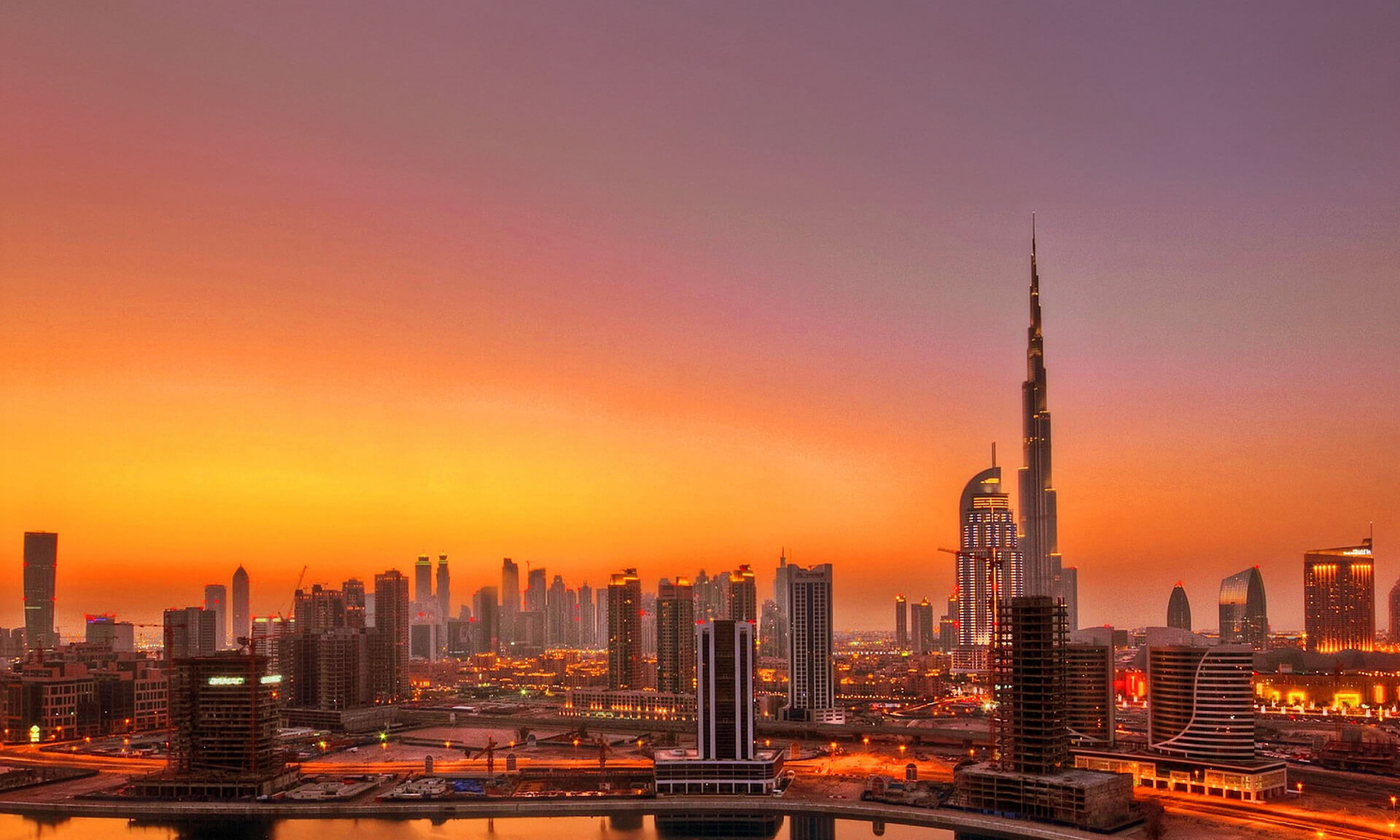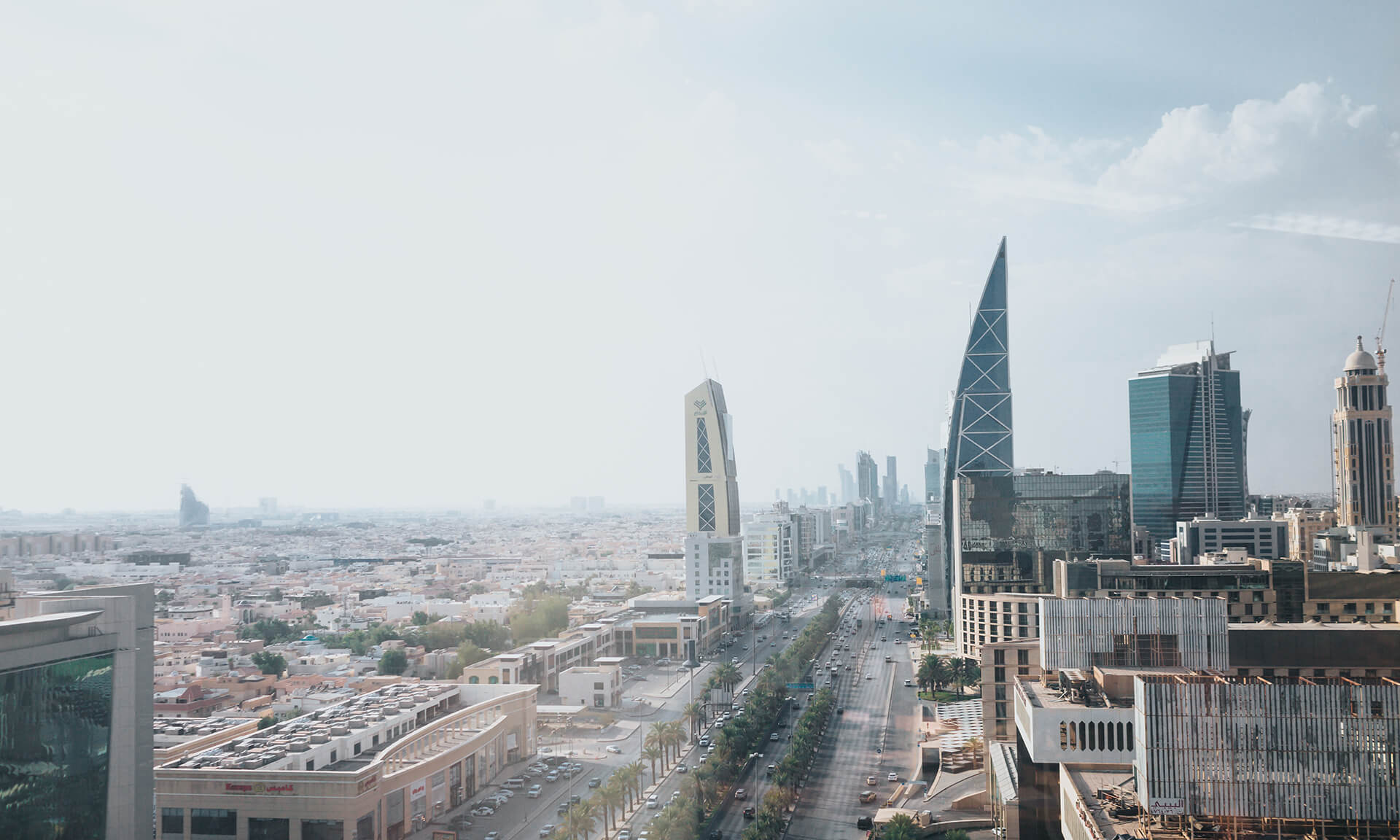What is a Foundation?
Foundations have no beneficial owners and are, therefore ’ownerless’ structures even where the foundation property is held for the benefit of beneficiaries.
How is a Foundation formed in the UAE?
- A Founder, at least one founder as an individual or legal entity.
- A Council constituted by the Founder with a minimum of two members to manage the foundation.
- A Guardian as an individual or legal entity appointed by the Founder for mentoring.
- An appointed Registered Agent Registered Agent only compulsory in RAK ICC with a necessary license from the regulatory authorities.
- Beneficiaries appointed by the Founder as an individual, group or entity authorized to receive and make payments.
- A Registered Office as the address of the Registered Agent.
What are the different types of Foundations?
- Exclusively charitable.
- Not charitable.
- Benefits persons identified in its Charter or By-Laws.
- A combination of the above three.
What are the reasons for the popularity of Foundations in the UAE?
- Asset protection as assets are not readily accessible to creditors, governments or other family members.
- Privacy as the beneficiary details are kept private ensuring the reduced risk of claims and legal actions from third parties against the founders and their families.
- The flexibility of legal and beneficial ownership enabling families intergenerational legacy planning and wealth protection in different international jurisdictions.
- Efficient succession planning based on the wishes of the founder under the terms of the foundation with no scope for probates.
- Better governance of the family in line with a professionally managed corporate governance.
- Facilitates charities depending on the wishes of the founder.
- Maintenance of legacy.
Where in UAE are the Foundations flourishing?
- The Dubai International Financial Center (DIFC), under the governance of the Foundations Law, DIFC Law No. 3 of 2018.
- The Abu Dhabi Global Market ( ADGM) under the Foundations Regulations 2017 and
- The RAK International Corporate Centre (RAK ICC) following the RAK ICC Foundations Regulations 2019.
Initially foundations were formed in the DIFC and then followed by ADGM and RAK ICC.
How the Foundations in DIFC, ADGM and RAKICC differ?
The DIFC is the sole regime that allows DIFC company formation to get transformed into a Foundation.
DIFC Foundations are allowed exclusively for charitable purposes where ADGM may not allow unless a Guardian is appointed mandatorily.
A DIFC Foundation can issue securities representing the value of the contributed assets from the contributor and their entitlement to the same and allows user arbitration for dispute resolution. USD 200 is required for registration and yearly renewal of foundations.
ADGM
While the identity of the Council Members is available in the DIFC, it is kept confidential from the public in the ADGM.
It is the only regime where foundations are not needed to file and audit accounts unless demanded by the Registrar. Records of accounts however must be prepared and maintained as in other regimes.
ADGM Foundations are not allowed only for charity without additional purposes. USD 200 is applicable as the fee towards registration and renewal every year.
RAK ICC
RAK ICC does not maintain a publicly accessible register of information about a Foundation.
Information related to the Foundation benefits from the applicable privacy laws in the UAE and will not be disclosed unless required by the relevant authorities.
Within RAK ICC however, a Registered agent is a mandatory requirement whereas with DIFC and ADGM it is only optional.
Fees: Registration Fee / Annual Renewal (fee as at 2021): AED 750 (approximately USD 200).
What is the essence of a Foundation?
- Private wealth management and preservation.
- Tax planning.
- Asset and creditor protection.
- Succession planning.
- Financial planning.
Foundations are also used for charitable purposes
Foundations often need legal help for effective wealth preservation through appropriate structuring which can ensure safe and undisputed transfer of assets to the beneficiaries and successors. IMC with a team of legal professionals can render requisite support and help you achieve your goals in this regard.























